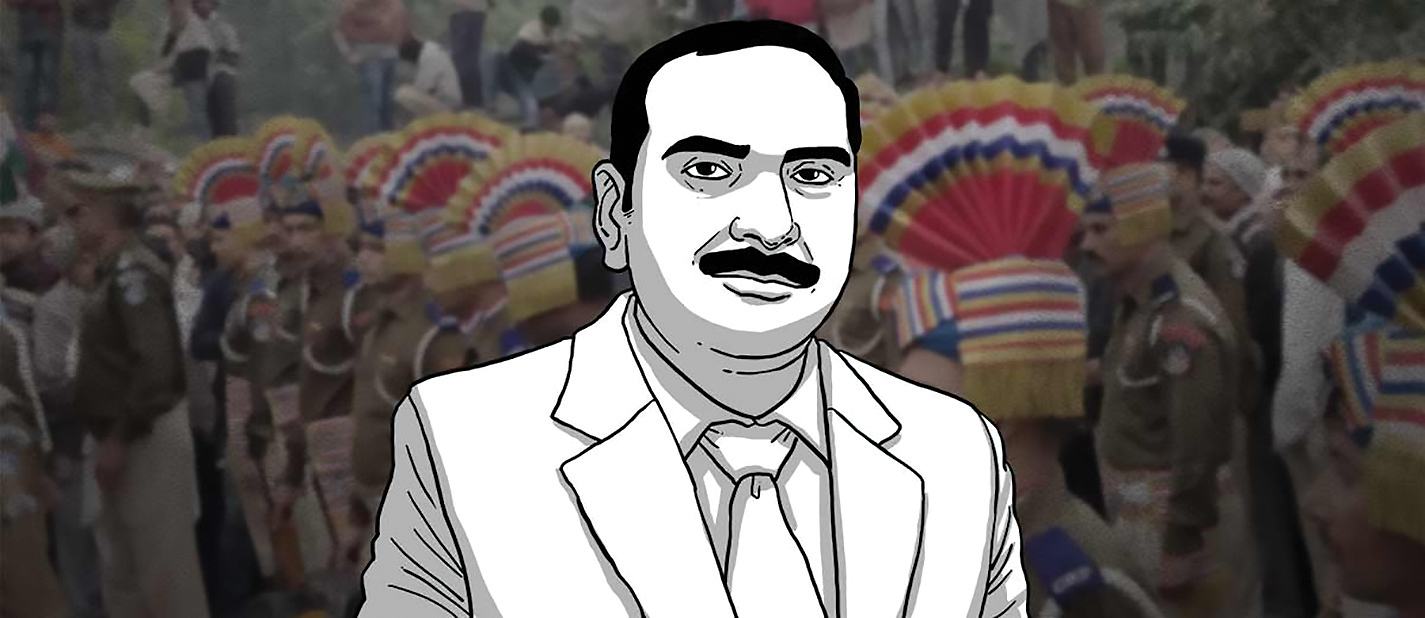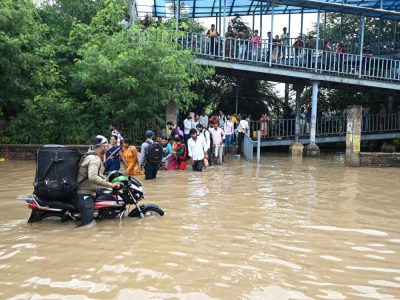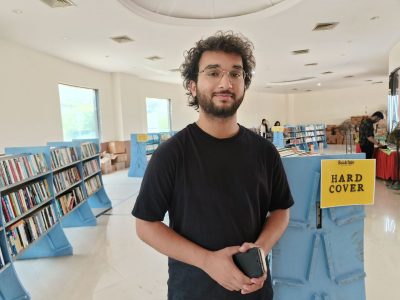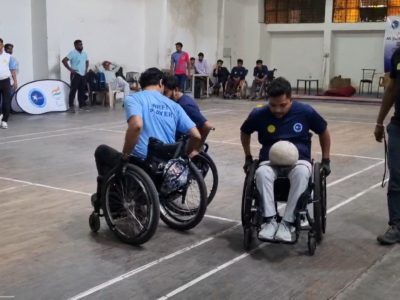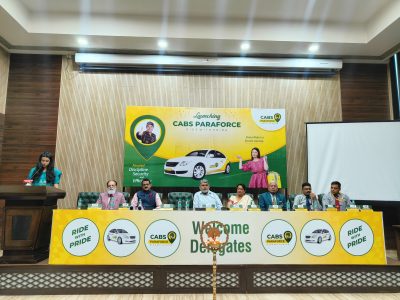Pradeep Kumar’s 18-year-old son refuses to shed a single tear. It was the last thing his father had asked of him—to be strong
On Friday evening—one day after more than 40 CRPF personnel lost their lives in a terrorist attack in Kashmir’s Pulwama district—Banat was at a standstill. Pradeep Kumar, one of the CRPF personnel who was killed in the February 14 attack, hailed from this village.
Banat resembled a ghost town. The marketplace had been shut down and there was barely any sign of life on the roads. As one walked through the serpentine narrow paths in between clustered two-storeyed bungalows, past the Hanuman temple and gigantic peepal tree, chants of “Pakistan Murdabad” could be heard growing louder and clearer. These sounds were coming from near Kumar’s house.
Next to Kumar’s house was a small ground where a shamiana had been erected. The ground was occupied by men and women from the village—at least 200 of them, who had been standing there all day. As the evening proceeded, these villagers, draped in shawls to combat the wind and light rain, lit candles to honour Kumar’s memory. Others looked on from their windows and terraces.
Standing still amid all the chanting and sloganeering was Kumar’s 18-year-old son, Siddharth. He stood with his hands crossed across his chest and head facing down. His spectacles were askew. He looked exhausted yet determined, as he remained rooted to the spot for as long as it took for the demise of his father to sink in, or for the shock of it to wear off.
Siddharth, who studies in Class XII of a Kendra Vidyalaya in Ghaziabad, recalls that it was in a photograph that he had first seen his father in an Army uniform. “I was almost 11 years old when I first saw him wear the uniform in person,” he said. “I was spending my summer vacation with him in Rampur. This was the first—and last—time that I saw him wearing it in person. In all the time that I have known him, he has barely spent maybe 1-2 years with me since he used to be away on duty most of the time. Papa hamesha kehte the ki job hi aisa hai ki hume jaan hatheli pe rakhni padhti hai (Father always used to say that the job is such that it requires him to wear his heart on his sleeve all the time). He used to make me understand that if anything ever happened to him, it would be my duty to take care of my mother and brother.”
Although, the Kumar family hails from Banat gaon (village), where their ancestral home is located, Siddharth, along with his mother and 15-year-old brother Vijyant Kumar, lives in Ghaziabad. Back in the village, Pradeep is remembered as someone who was an avid lover of sports and who embodied the true spirit of sportsmanship. “He never saw religion, caste, or status of people he was playing with or competing against,” recalls Vikrant Burman, who was Kumar’s junior in school. “He was an all-rounder: an ace at sports and also the class monitor. In all the time that I knew him, I’ve never seen him pick a fight with anyone. Woh shaantipriya insaan the (he was a peace-loving man),” Burman said. His strength to take criticism and convert that negativity into something positive and productive distinguished him from anyone else, he added. “Today, we are proud and sad. Sad because he is not among us anymore, and proud because now, our village will be known as shaheed ka gaon (a martyr’s village).”
Even 18-year-old Siddharth remembers his father’s sportsmanship. “He used to play almost all the sports ever since his training days in the Army—and was instrumental in making his battalion win most of the time.”
Nearly 48 hours after the news of his father’s demise, Siddharth says he feels a little calmer and relaxed. “I just never thought my dad would leave in this manner. I wanted to do something for him—something big. He would have finished 20 years in service in the next four years and was thinking of taking voluntary retirement. He wanted to start an NGO and me to become a chartered account and take care of it. He envisioned it as a place where anyone—irrespective of their religion or caste or status—could come and ask for help, and we would educate them and make them better human beings.”
www.newslaundry.com

